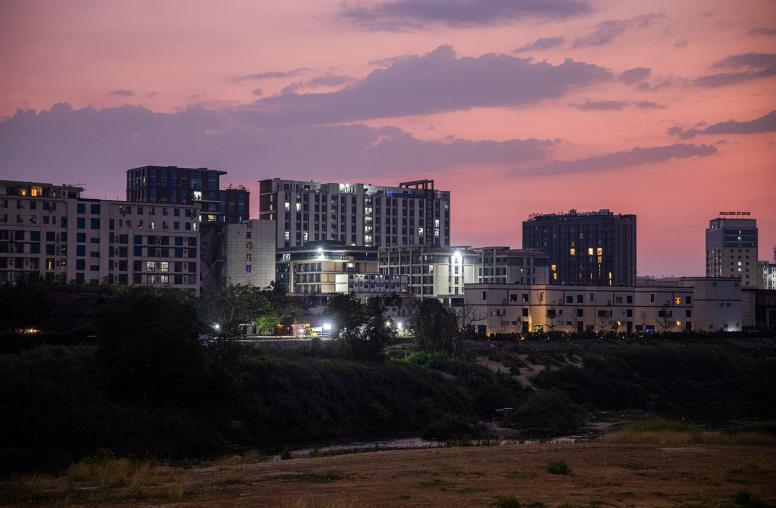After a startling number of coups in recent years, transitional governments are starting to take shape throughout the Sahel region of Africa. The situation remains precarious, with continued violent extremism and local insurgencies threatening to unleash further instability in the region. As a result, many West Africans are asking tough questions about their experiences with democratic governance. USIP’s Ambassador Maman Sidikou explains why — despite past shortcomings — democracy and good governance remain the best option for political stability in West Africa and how countries in the region can use their transitions to build effective governance based on the ethics of responsibility and accountability.



